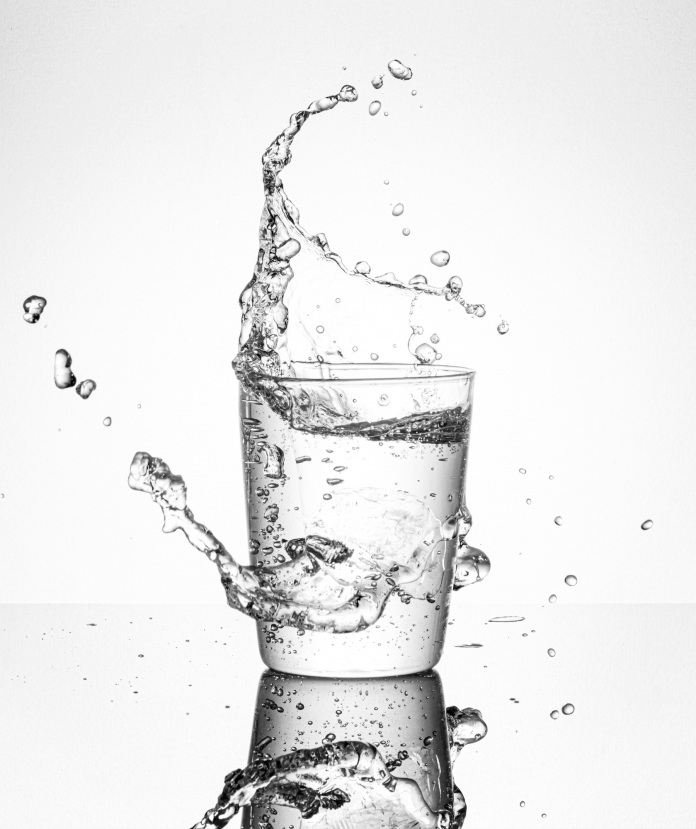The last thing you want is to feel run down and sick, but when it comes to rehydrating your body quickly after an illness, you need to act fast.
Dehydration causes several unpleasant symptoms, including nausea and dizziness.
The best way to treat dehydration is by increasing fluid intake. However, it’s essential not only to drink water but many other liquids that can help your body regain its natural balance faster than water alone.
Your body needs rehydrating after an illness – whether it was the common cold, flu, or anything else. There are top five suggestions by the health care experts to do this.
1: Drink plenty of water.
Drink at least eight glasses per day. This is the best way to rehydrate your body, and it will help you to feel better faster. You can keep track by using a measuring cup or glass and drinking until it’s complete.
During the illness, you should drink more than usual because your body loses fluids when you sweat or vomit (or both).
2: Drink coconut water.
Coconut water is a natural source of electrolytes and other nutrients that can help you rehydrate your body quickly after an illness.
It’s rich in potassium, magnesium, calcium, and sodium – all of which are important for maintaining healthy blood pressure and hydration levels.
Coconut water has the same pH level as human blood (around 7), which helps the body maintain a normal acidity level while also providing it with the necessary fluids.
3: Eat water-rich foods.
Now that you know how to drink enough water while you’re sick, it’s time to start thinking about what you need to eat.
When you’re ill or have recently recovered, your body requires fruits and vegetables, particularly water-rich ones like cucumbers, celery, oranges, and apples.
These high-watery foods will help replenish fluids lost during illness, but they also serve other purposes, like providing your body with essential vitamins and minerals.
4: Consume oral rehydration salts.
Oral rehydration salts, or ORS, are a mixture of salt and sugar your body needs to stay hydrated while recovering from an illness.
ORS is best as a supplement to water, not as a replacement for it. When you have diarrhea or fever, it’s crucial to drink lots of liquids that replace those lost electrolytes with sodium chloride (salt) and glucose-based sugars such as sucrose (table sugar), fructose (fruit sugar), and glucose polymer.
5: IV therapy to urgently rehydrate the body.
IV therapy is one of the fastest ways to get fluids into a dehydrated body. A fluid rich in different vitamins and minerals are delivered directly into your bloodstream.
As it bypasses any organs or tissues in between, it works the fastest in replenishing the body.
This can be a lifesaver when you have severe dehydration. IV therapy can also be used at home for mild to moderate cases of dehydration or even to replenish electrolytes lost during exercise and sweating.
Make sure that you talk with a medical expert before connecting with mobile IV professionals.
Final Words
One must remember that rehydrating after an illness is extremely necessary for individuals who want to stay healthy and active throughout their lives.
While some people may be able to rehydrate by simply drinking more water and eating more fruits and vegetables, others will need more intensive treatment, like IV therapy or ORS powder pills.
Image by rawpixel.com from freepik
The editorial staff of Medical News Bulletin had no role in the preparation of this post. The views and opinions expressed in this sponsored post are those of the advertiser and do not reflect those of the Medical News Bulletin. Any Web sites linked from Medical News Bulletin site are created by organizations outside of Medical News Bulletin and are the sole responsibility of those organizations. These links are strictly provided by Medical News Bulletin as a convenience to you for additional information only. Medical News Bulletin does not approve or endorse the content on any third-party Web sites and is not responsible for the content of linked third-party sites or third-party advertisements, as well as does not make any representations regarding their content or accuracy. Your use of third-party web sites is at your own risk and subject to the terms and conditions of use as per such sites policies. Medical News Bulletin does not provide specific medical advice, diagnosis or treatment and hereby disclaims any assumption of any of the obligations, claims or liabilities..



